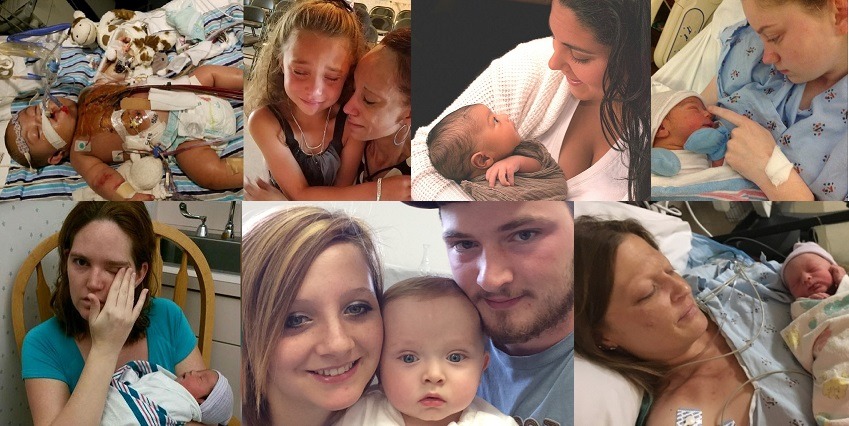by Terri LaPoint
Health Impact News
A baby’s first year is crucial to a baby’s emotional and cognitive development. It is in the earliest months of life that the foundations for basic trust, security, and relationships are laid. The parent-child relationship is the environment in which that is designed to happen.
Yet the majority of children who enter foster care are taken within their first year of life, depriving them of critical bonding time and causing permanent trauma and damage to the babies’ ability to trust. More children in this age group are not returned home and are later adopted out than any other age group.
Human babies are born with an innate emotional and psychological need for their biological parents. When the child cannot or does not receive the love and acceptance of their own mother and father, he or she is left with a gaping hole deep inside that they may struggle the rest of their lives to fill even if they are loved, wanted, and cherished by a substitute parent.
The rationale behind the existence of Child Protective Services is that the state works for “the best interest of the child,” removing children from homes that the state decides are not good for the child.
Social workers and judges alike argue that they would rather be “on the safe side” and “err on the side of the child” by removing children to prevent the chance of them being harmed by their family. Countless social worker court reports of families whose stories we have covered contain references to the “possibility of future harm” without any evidence of actual harm having taken place…. Read More

